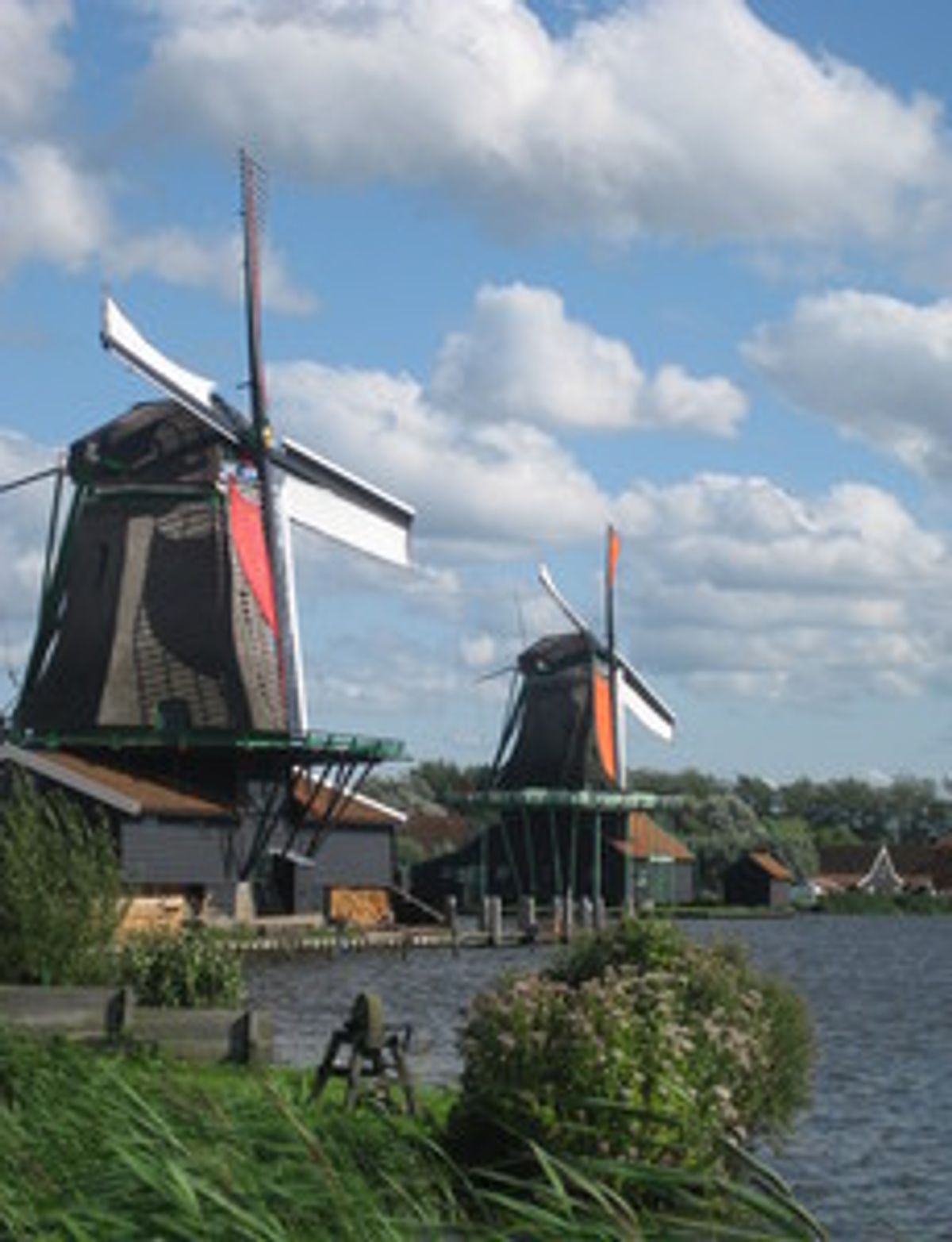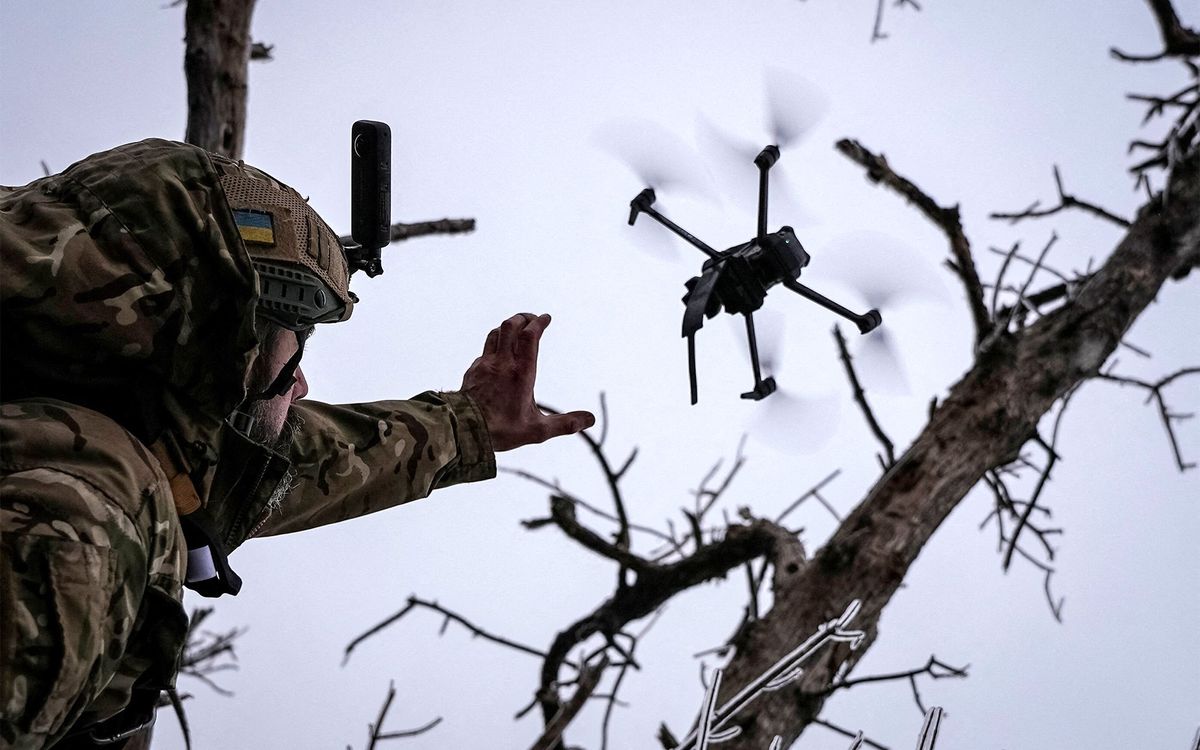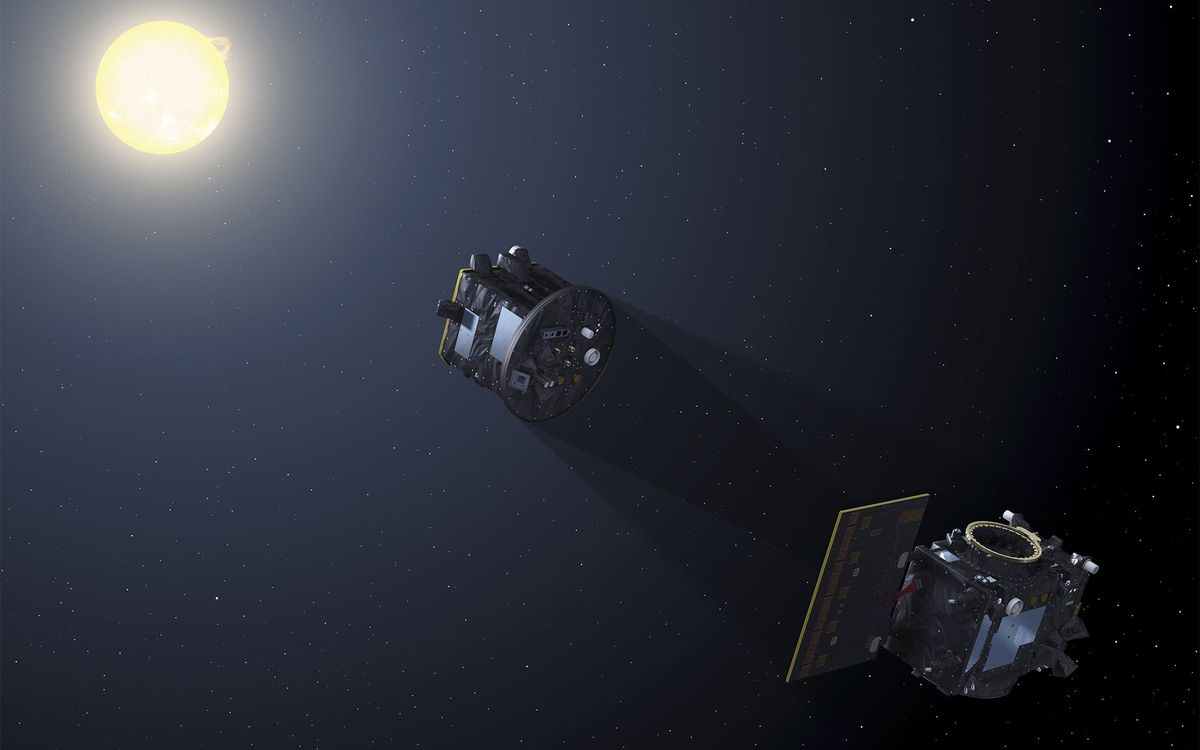Five years ago, on July 4, 2005, the Chinese government issued a regulation requiring 70 percent of the ingredients in newly built wind turbines to be home-manufactured. That, together with production subsidies, cheap credit, preferential orders from state-controlled entities, and a variety of advantages, rapidly engendered an industry that now controls almost half the $45 billion wold market for new wind installations. In the United States, though Chinese manufacturers have built only three turbines so far, companies like Goldwind USA are gearing up for an aggressive drive. Reacting to the circumstances, a U.S. labor and environmental coalition led by the United Steelworkers has been calling for trade action against China.
Yesterday, responding to that call, the Obama administration filed a trade complaint against China in the World Trade Organization, arguing that measures like the 70 percent local content rule flagrantly violate WTO rules. On the face of it, considering that just about every major country subsidizes wind and promotes home manufacturers, prospects for the Obama complaint may be dubious. Trade conflicts are notoriously complicated and drawn-out, and they often get settled long after the horse is out of the barn. In the case of wind--not to mention solar, nuclear, and high-speed trains, among other critical technologies--the big corporate players have been reluctant to join legal actions against China for fear of jeopardizing their long-term positions in the country.
Take the Spanish company Gamesa, the world's third largest wind manufacturer after G.E. and Vestas. As described in a recent New York Times feature, five years ago Gamesa supplied a third of the Chinese wind market, a fraction that has now dropped to 3 percent, the Spanish company having trained locals to go into competition with it. "Nearly all the component that Gamese assembles into million-dollar turbines here," said the Times, are made by local suppliers. . . . And these same suppliers undermine Gamesa by selling parts to its Chinese competitors." Yet Gamesa expresses no official regret, saying that if they had not trained the Chinese, some other company would have.
It's that kind of rationalization that time and again produces unfortunate or even tragic results.



